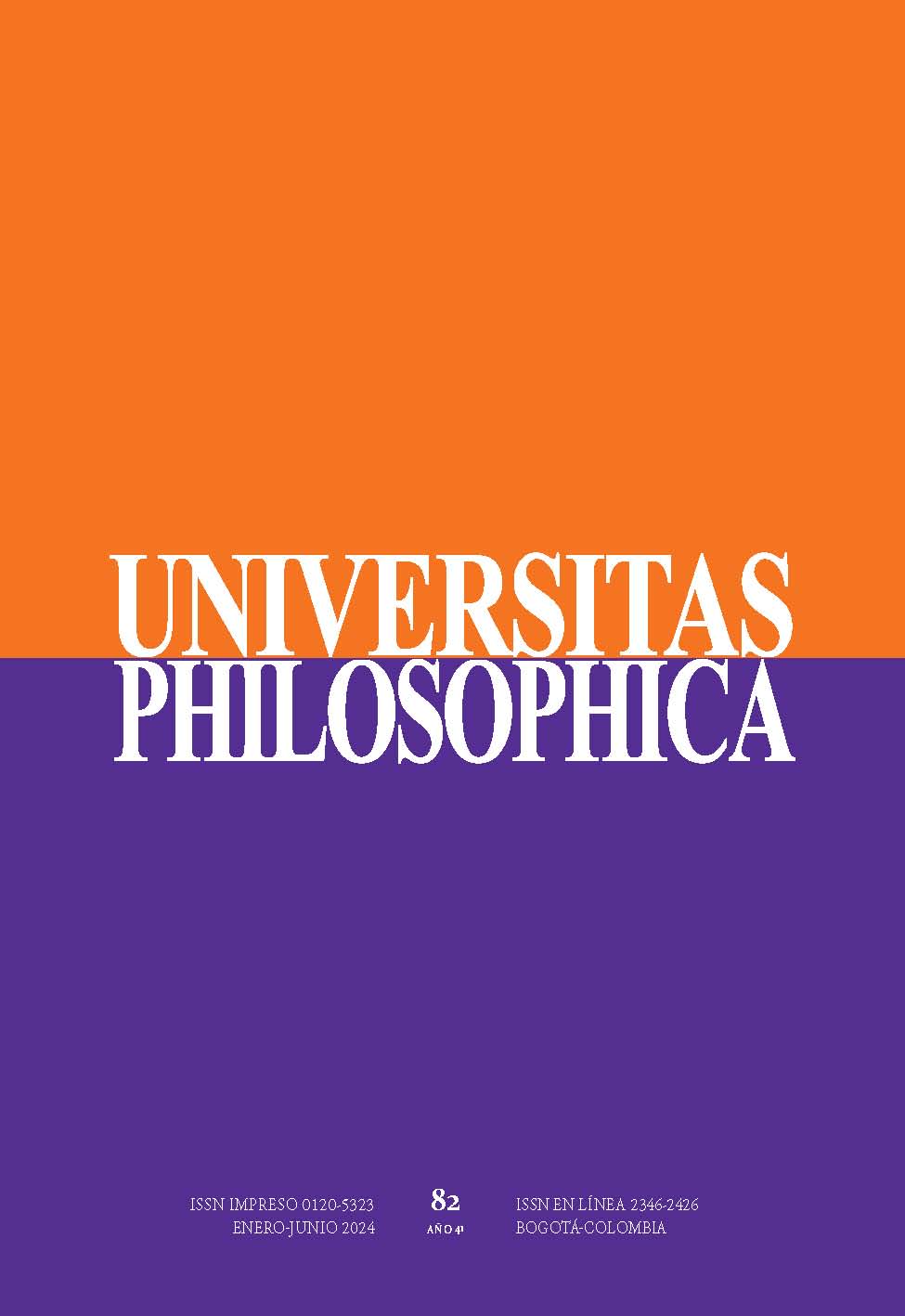Abstract
This article deals with Nietzsche's ambivalent relationship with the Hellenistic, Stoic and Epicurean philosophers. with the Hellenistic, Stoic and Epicurean philosophers. To know why, in spite of the extraordinary influence that these schools exerted on his thought, Nietzsche opposes them so violently in the later part of his work. We will verify that Nietzsche's main criticisms of these schools are very similar to those he will address to Christianity, and to the idea of therapy itself, as a critique of the traditional way of conceiving it that these schools seem to inaugurate and strengthen. We show that Nietzsche sees the Hellenistic philosophers as important precursors of Christianity, responsible for creating the framework and worldview without which Christianity would not have developed. Nietzsche identifies them as the fundamental promoters of nihilism, which he diagnoses in Western culture as the major disease for which a proper physician and effective treatment is required.

This work is licensed under a Creative Commons Attribution 4.0 International License.
Copyright (c) 2024 Amparo Carrillo Sáenz


